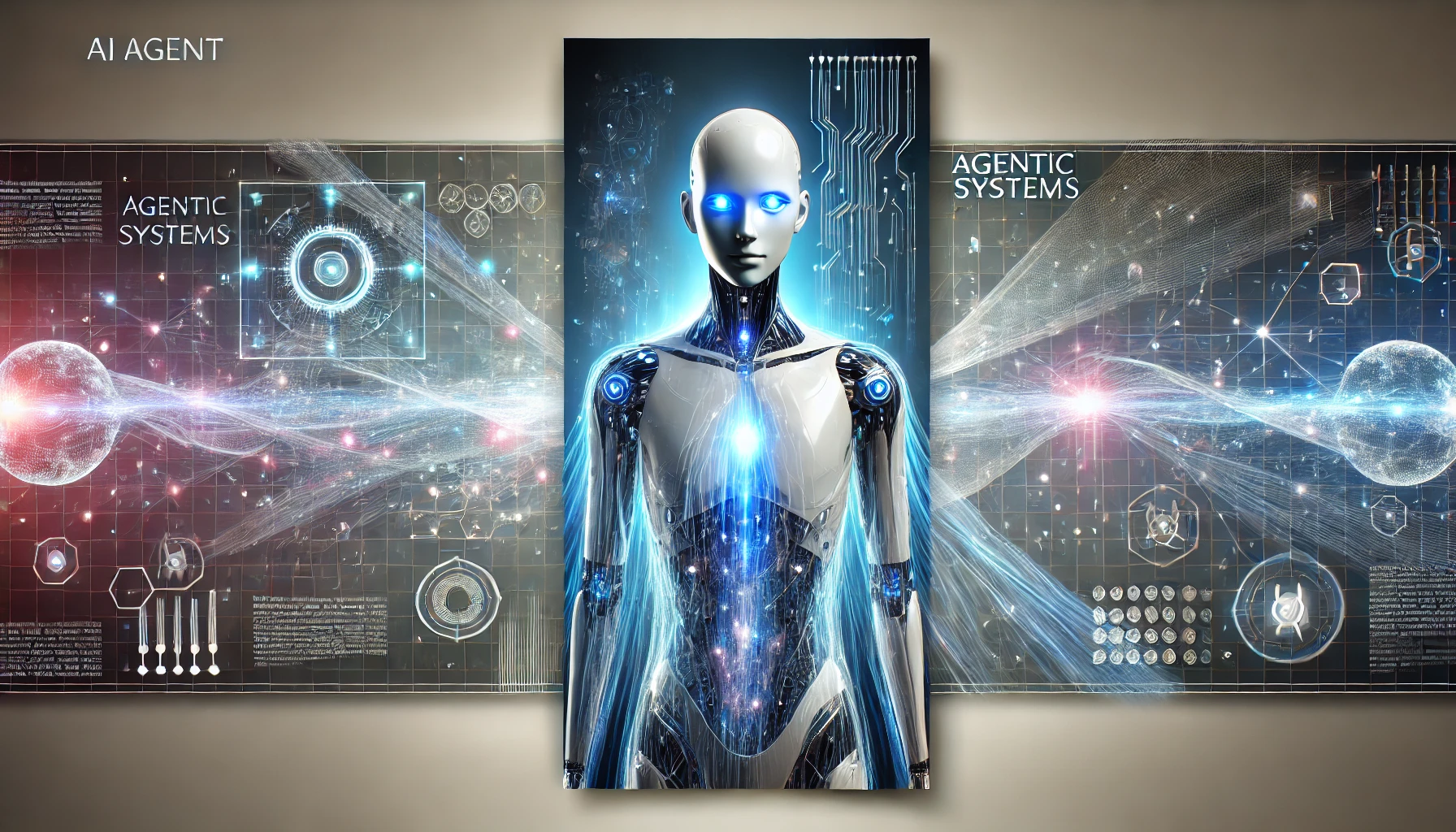
"Instead of waiting for you to tell it exactly what to do, it can set goals, make decisions, and use tools to achieve results. Think of it as the next step after chatbots: not just an assistant that talks, but a digital teammate that acts. For example, with a prompt like "Plan my week's meals and order the groceries", an agentic system could search recipes, build a shopping list, and place the order automatically."
"An autonomous agent is the building block of agentic systems - a single AI that can operate independently.It can make decisions, use tools, and adapt as things change.Think of it like a digital assistant that doesn't just answer your questions but solves your problems. Example: A virtual travel agent that books your flights, hotel, and sends confirmations - without you lifting a finger."
Agentic systems are AI that take initiative, set goals, make decisions, and use tools to achieve outcomes without explicit step-by-step instructions. Autonomous agents are single AIs that operate independently, adapt to changes, and complete tasks such as booking travel. Multi-agent systems coordinate multiple specialized agents that collaborate, share data, and divide work like writing, testing, and deployment. AI orchestrators and agent frameworks manage workflows across agents, assigning tasks, passing results, and keeping processes on track. Examples of orchestration and frameworks include LangChain, CrewAI, and AutoGPT, which connect AI to data, tools, and multi-agent collaboration.
Read at Treehouse Blog
Unable to calculate read time
Collection
[
|
...
]